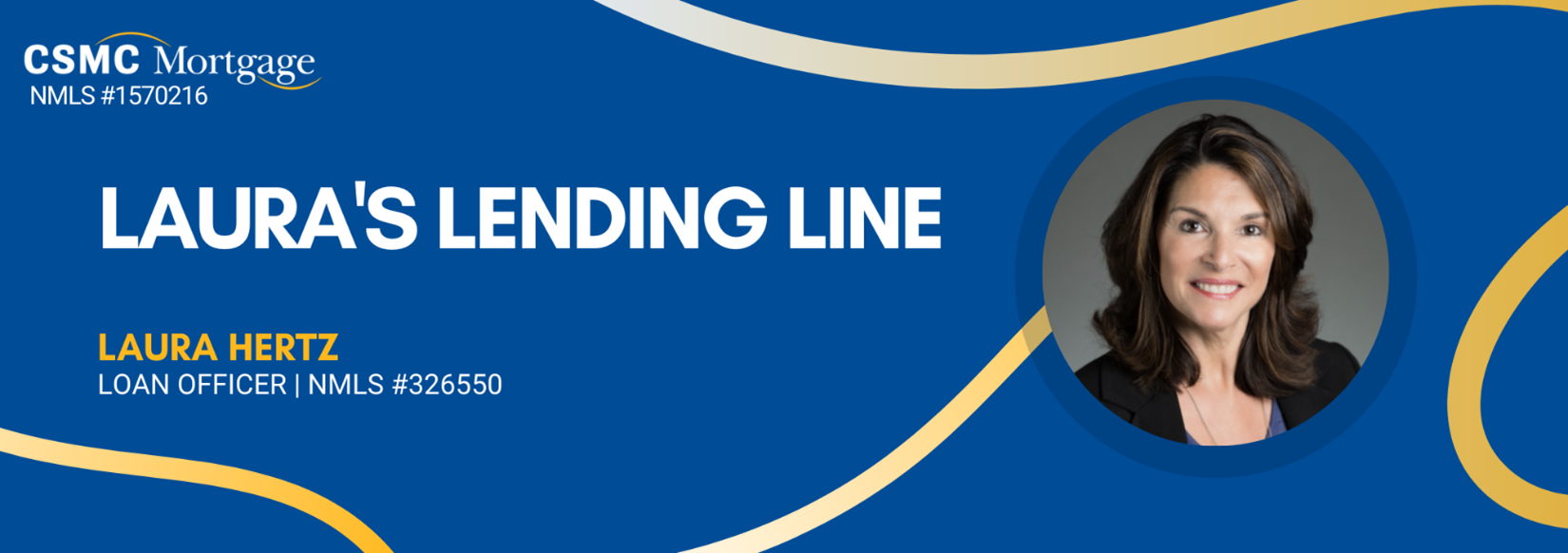What Are Mortgage Discount Points and How Do They Work?
This article is provided by Laura Hertz, Loan Officer of CSMC Mortgage
Discount points are fees a homebuyer or property purchaser pays to a lender to reduce the interest rate on a mortgage. Payment of points is optional for the borrower but is becoming more common now that interest rates are increasing.
Each point equals one percent of the loan amount, or $1,000 for every $100,000, and points are often broken down into less than one percent increments, in one hundredths of a percent, called “basis points where fifty basis points equals one half of one percent and ten basis points equals one-tenth of one percent, etc. The exact amount that the interest rate is reduced (and therefore the monthly savings) depends on the specific lender, the kind of loan and overall mortgage market. Also, the lower the interest rate, the more of each mortgage payment that goes to reduce principal.
Points may also be called loan origination fees, maximum loan charges, loan discount, or discount points. Points are, in effect, prepaid interest and may be deductible up front or ratably over the life of a loan as mortgage interest.
If you can afford them, the decision to buy points comes down to whether you plan to keep the mortgage past the “break-even point”. When the total of your monthly savings equals the upfront fee, you’ve hit the break-even point. After that, you’ll come out ahead. But, if you decide to sell or refinance before reaching that breaking even point, you’ll lose money on the discount fees or points you paid. So, it’s not just all about the upfront points, you need to create an amortization chart and see what your break-even point is to know whether paying the up-front points is worth it. A good lender can help you figure that out.
It can make sense to pay discount points when you’re buying a long-term investment property, since you’ll hold onto it for many years, and you’ll save after breaking even. When it comes to buying points, it helps to “run the numbers.” You’ll need to determine if you have the cash available to buy points in addition to your down payment, closing costs and reserves, as well as how long you plan to own the home. Your lender can help you decide whether paying points is right for you.
This article is for informational purposes only. If you have any questions regarding your property or specific tax situation, please consult with your tax and/or legal advisor.
The author, Laura Hertz, is a Loan Officer at CSMC Mortgage located in Westlake, California. For more than 25-years, Laura has been a leading mortgage consultant and she specializes in single-family and 1-to-4-unit investment properties. Her approach to lending is to always be upfront and honest with clients, and proactively guides borrowers through the loan process from beginning to end. For more information, contact Laura at (805) 724-0755 or laurahertz@csmcmortgage.com.

